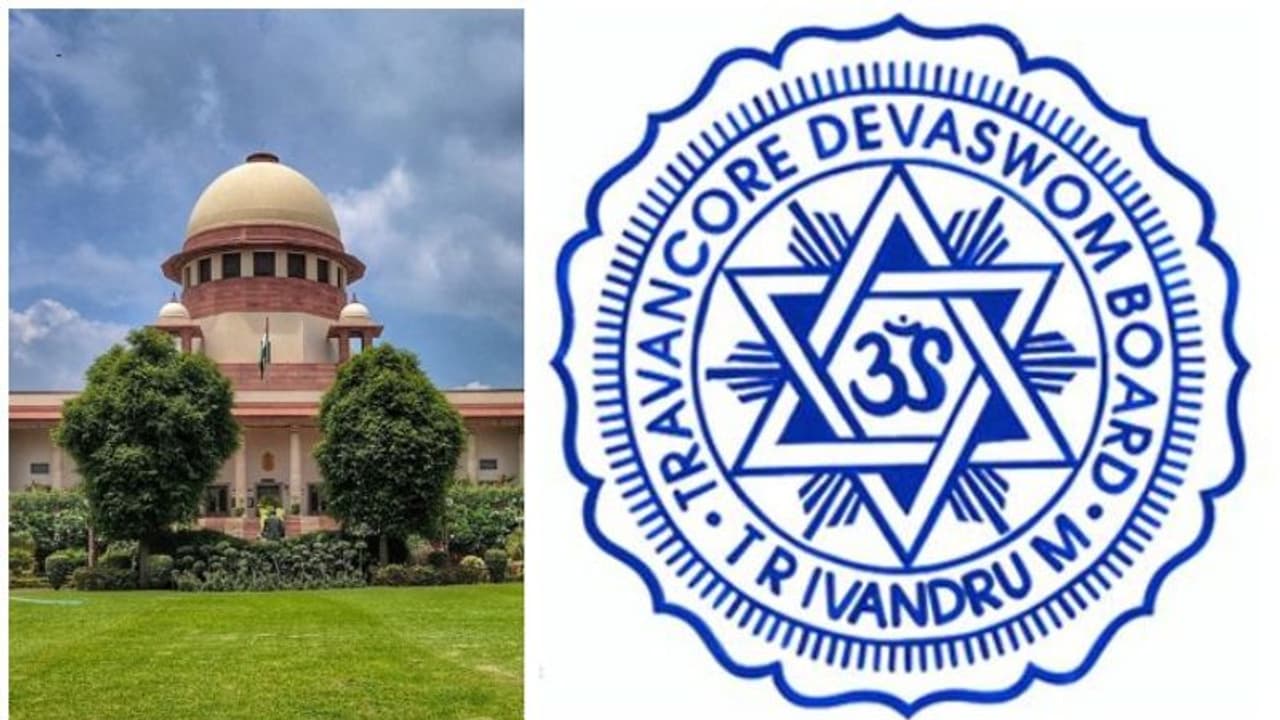The battle over women’s entry into the Sabarimala temple continues as the pilgrimage season is about to begin. The Supreme Court has referred the matter to a larger Constitution bench, saying it needs detailed examination. Travancore Devaswom Board hopes for a peaceful pilgrimage.
The Sabarimala temple is gearing up for yet another pilgrimage season to host thousands of devotees in its shrine. At such a time the Travancore Devaswom Board (TDB) only hopes that peace will prevail. The Kerala Devaswom board president Kadakampilly Surendran said that the new board members have been sworn in and they all hope for a good verdict.
The TDB earlier supported the entry of women of all ages into the temple last year, now wants peace to prevail at Sabarimala so that devotees from other states can visit the temple without fear of protest and police action during the season.
“We suffered huge financial loss last year because of the misleading campaign regarding Sabarimala case,” stated Kadakampilly Surendran.
The TDB, which manages 1,250 temples, had suffered a loss of Rs 98.5 crore during the 67-day pilgrimage season last year as the temple witnessed a steady decline in footfall due to raging protests. Besides, the ‘kanikka challenge’, a campaign launched by Sabarimala Karma Samithi, its call to the devotees to stop donating to TDB temples also led to a steep decline in the board’s revenue.
He further added that people failed to understand the stand of the government in this case. “Certain Devaswom board members didn't fully understand the verdict. The government affidavit in SC said that considering the matter pertains to religious beliefs and traditions, the government asked the SC to set up a committee of Hindu scholars and experts and take their opinion into consideration. How is this a wrong stand?,” Surendran questioned.
The five-member bench, headed by Chief Justice Ranjan Gogoi and comprising Justices Indu Malhotra, A.M. Khanwilkar, Chandrachud and Nariman, heard the review petitions filed on the apex court's September 28, 2018, judgment which had lifted a ban on the entry of women aged between 10 and 50 years into the Sabarimala temple.
Justices Chandrachud and Nariman wrote separate judgments. In a 3:2 split verdict, the bench referred review pleas to a larger bench, without staying its earlier order.
